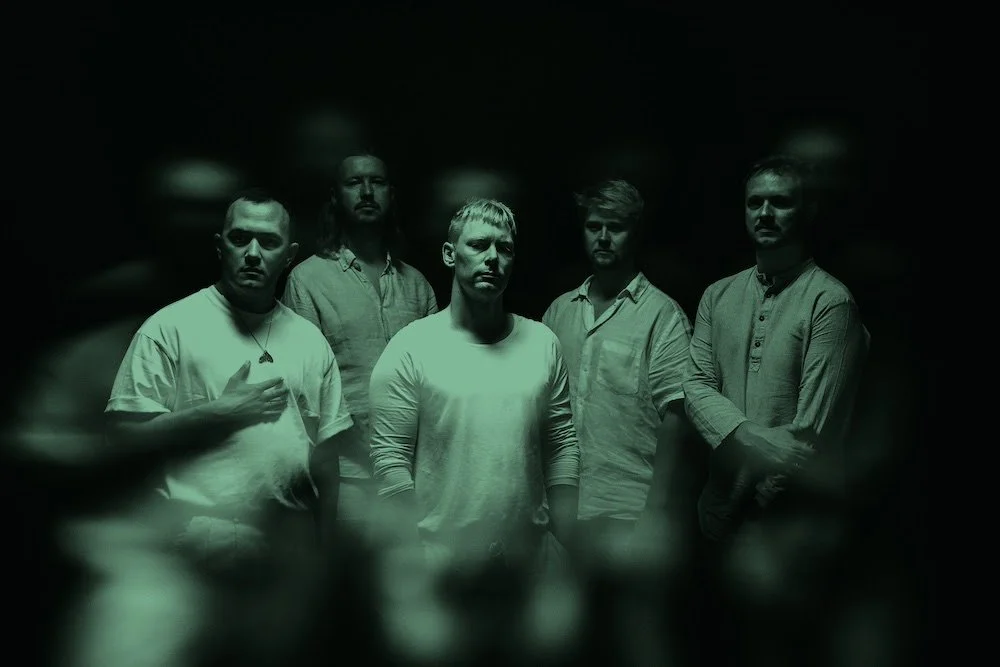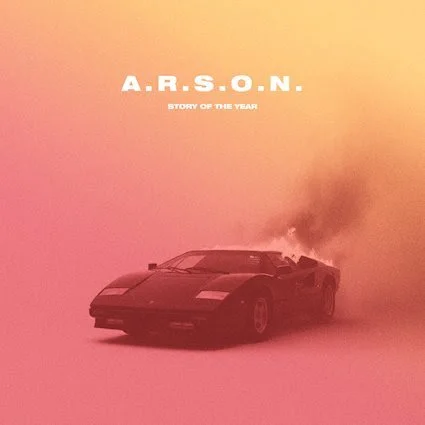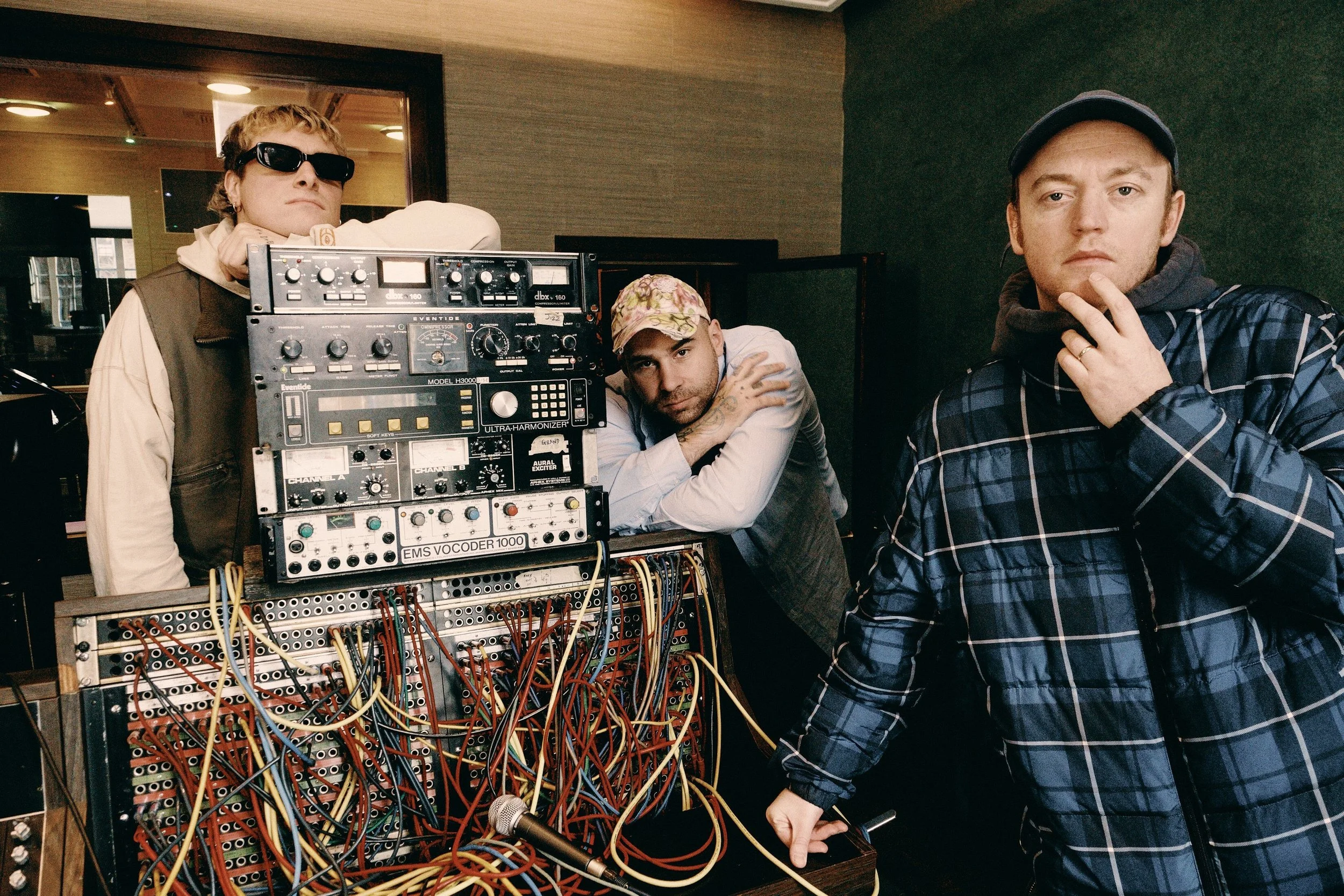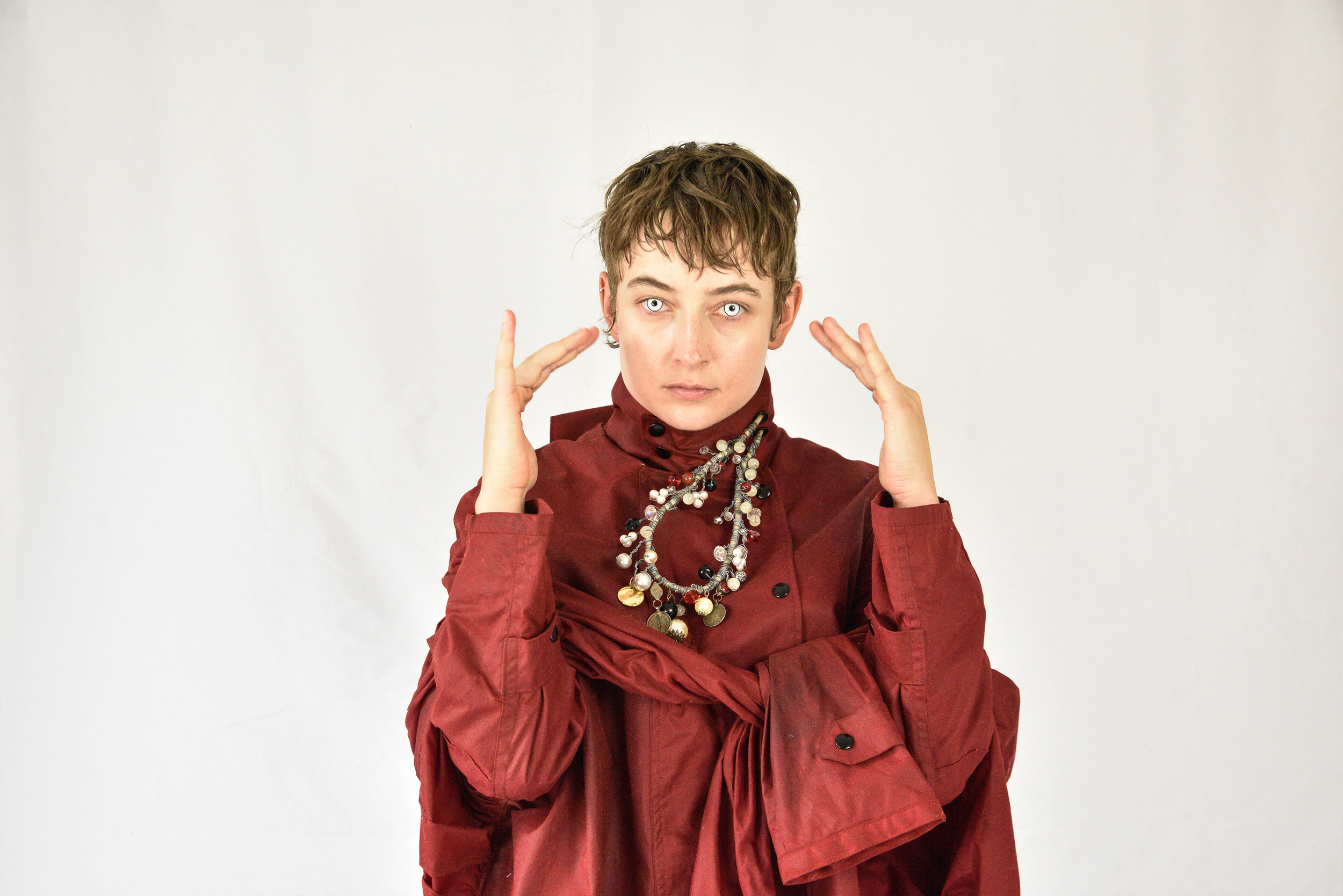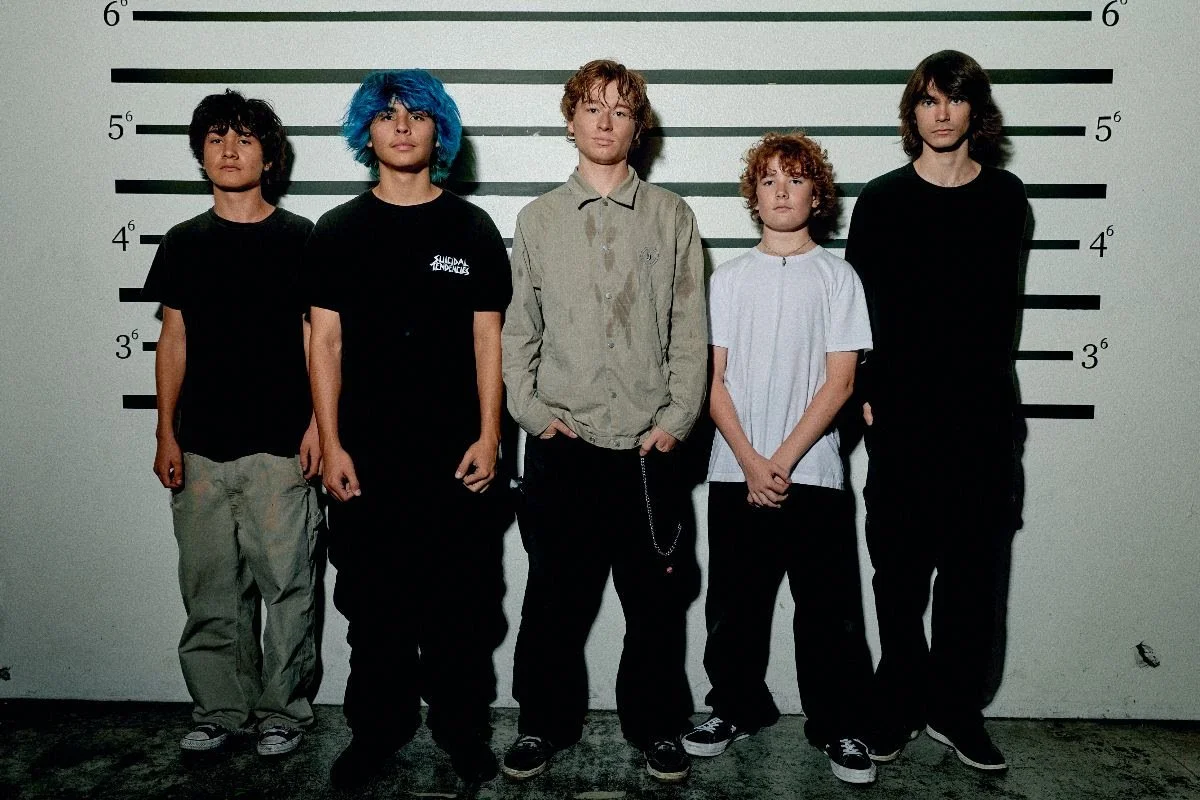Introducing #204 - Lina Maxine
Let us introduce you to the rising star that is Lina Maxine, with a spiked up red mullet and a background in neurobiology - she has set our nervous system on fire with her debut single ‘Mango’.
Growing up, the Russian-American artist participated in a number of singing showcases and national competitions and went on to become a lead singer in a jazz band at the renown Ivy League school, Brown University in the US, where she pursued a degree in neuroscience. Showing no signs of slowing down, Lina went on to earn herself a Master’s degree in neurobiology at the prestigious Oxford University. She did this whilst honing her craft; writing, producing, mixing and playing bass.
Lina is now producing and collaborating with industry professionals in London’s Tileyard Studios. Lina continues to draw inspiration from science, particularly the brain and its many mysteries. Lina’s passions go further than just music, she is an advocate for mental health, and strives to amplify voices of scientific and medical communities through her platform.
The London based artist took a moment to talk to us about her music.
Hey there Lina, how are you? So your debut track is finally here, how does it feel to have it out there in the world?
Exhilarated! From the time the melody first brewed up in my head to finishing mixing just a few weeks ago, it’s been such a rewarding process. To see my vision come to life and to be able to share it marks the beginning of an adventurous musical journey for me.
It is called ‘MANGO’ - can you tell us what it is about?
I love riddles, puns, and puzzles, anything that tackles the brain. I wanted to create a song with a play on words for the listener to decode. I used a mango that has become overripe, as a metaphor for a relationship that is no longer fruitful or enjoyable. With the lyric that reads “you’ve got to let that MAN GO,” I urge that it’s time to cut the cord on a relationship that has become borderline toxic. We often stand in the way of our own happiness due to feeling uncertain or scared of change. Letting go of something or someone that deep-down you already know isn’t good for you is a powerful move in favour of self-love and new beginnings.
What are your key influences when it comes to your music?
Rock and jazz influences both fundamentally shaped my style. As a millennial growing up, I worshipped my parents’ collection of late 90s rock CDs, with bands such as Linkin Park, Papa Roach, Evanescence helping me unleash the raspiness and edge in my voice. More recently, performing covers of Billie Holiday, Frank Sinatra, Peggy Lee amongst other greats, with my college jazz band, inspired emotional storytelling in my lyrics and vocal expression. Production-wise, I look up to the current progressive rock and metal artists, such as Polyphia, Unprocessed, Tosin Abasi, Ichika Nito to name the few — they are virtuosos of their craft and are so meticulous about their forward-thinking instrumental arrangements. Billie Eilish, of course, is another big inspiration, especially her earnest and emotional approach and original production. Like her, I continue to nurture my own uniquely recognisable sound.
How would you describe your sound to someone who has never listened to your music before?
MANGO is sultry and fierce. It starts out with soft vocals and guitars gently lurking in the background before the slap-bass solo unleashes raspy vocals, lots of distortion, and hi-hat hype. It’s a modern rock song: it combines the expressive authenticity of real guitars and drums with modern production, keeping the arrangement super tight and the many exciting advantages of innovative plug-ins. How about I describe it as a modern take on Arctic Monkeys with Gwen Stefani as a lead singer, Flea slapping the bass including some production elements of Billie Eilish?? haha
You grew up in Moscow but moved to the US to study neuroscience at Brown University - what is it about the human brain that fascinates you so much? And how do you come from that to now creating music?
The brain is an extraordinary organ — everyone has it, but every individual uses it differently. It is plastic, meaning that certain connections develop as a result of certain experiences, for example, practising a musical instrument, let’s say the bass guitar, you might spot visible structural and functional changes in the areas of the brain associated with auditory perception and motor control linked to ear-hand coordination. The knowledge of sound perception, especially how the various characteristics of sound such as pitch, volume, timbre, and certain frequencies may trigger emotional reactions, proved very helpful during sound creation, production, and mixing. At the same time, gaining an understanding that nurturing certain connections in the brain resulted in new skills and could open doors to new possibilities deeply empowered me as an emerging artist.

